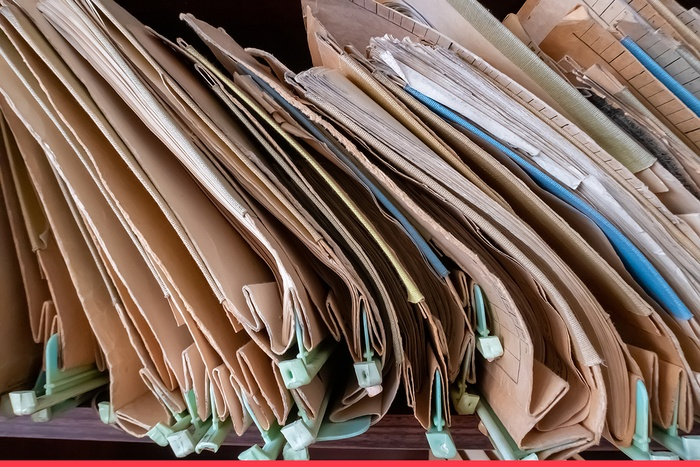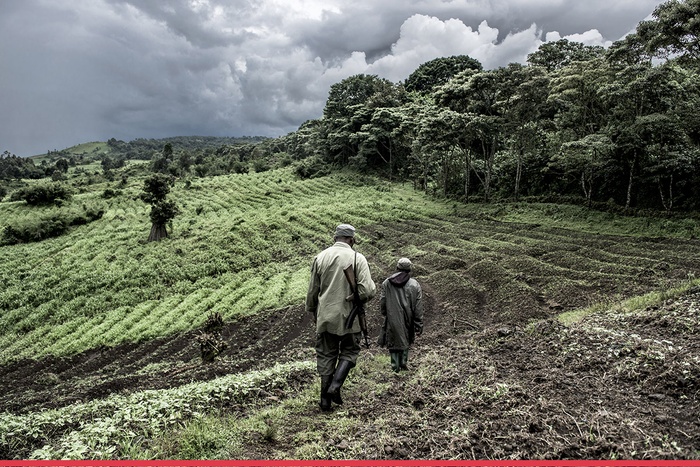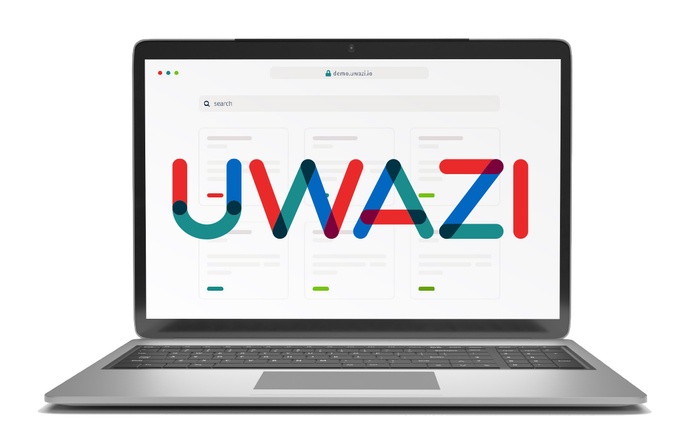HURIDOCS is a Geneva-based non-governmental organisation with a global footprint that builds secure open-source information management tools for human rights defenders (HRDs).
The Documentation Fund increases the resilience of HRDs around the world who are operating in volatile contexts without the financial means to access support and software to securely store and properly analyse human rights violations.
The fund was created so that civil society groups and HRDs can access pro bono or subsidised work with HURIDOCS to conduct thorough documentation and to systematise this critically important data securely and efficiently.
Our dream is to support under-resourced partners pro bono
The Documentation Fund is currently supported by the Irene M. Staehelin Foundation, the Principality of Liechtenstein, the Däster-Schild Stiftung and the Canton of Geneva. Our dream is to build up this fund and expand it further to support more beneficiaries.
Support our partners through the Documentation Fund!
We are seeking your support to help HRDs around the world share crucial evidence to those who hold power and make decisions. With your donation we can support organisations and groups working on human rights research, documentation, advocacy, and innovative digitalisation practices across a wide range of human rights, environmental and humanitarian issues.
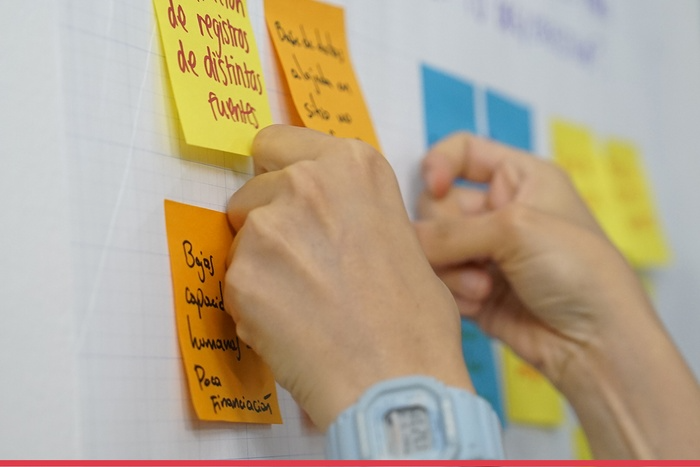
What is the purpose of the Documentation Fund?
Over the years we have seen a consistent growth in the requests we receive for the training and consultation for HRDs and human rights organisations on information collection, protection, and management techniques. Unfortunately, the funding landscape for this kind of work is challenging.
Despite this clear need, funding for methodology and technology support remains exhaustively insufficient. It is a barrier for many nonprofits and grassroots organisations to get started or digitally transform their human rights documentation initiatives. Those who are able to start and sustain these efforts, boldly do so through small grants, with little resources and/or through volunteers.
Storing and preserving large amounts of data for the long-term also implies ongoing costs for secure hosting of crucial information and evidence. Video and audio files, in particular, can be huge in size and may grow exponentially with time.
What does the Documentation Fund cover?
The Documentation Fund aims to fully or partially cover the following:

Technical costs
Costs of project-related data analysis as well as the setup, configuration, customisation and implementation of bespoke databases, using HURIDOCS' flagship open-source tool Uwazi.
Training and ongoing support
Costs of user onboarding, technical training, and additional customisation and ad hoc configuration.
Hosting fees
Cost of hosting which is crucial for the sustainability of each project as it keeps the database secure, protected and accessible.
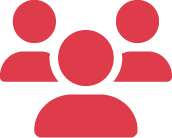
Staff costs
Costs to ensure engagement with our partners throughout their documentation journey to assess project needs, define communication goals, build and implement comprehensive data models, and explore strategic partnerships.
Stories of impact
The following groups and organisations received support through the Documentation Fund, which led to the innovative digital transformation of their human rights documentation work:
Democratic Republic of the Congo
Secure case management system and collaborative workflow
To raise awareness about the ongoing conflict and use reliable data to take informed action to improve the human rights situation in the DRC.
Kenya
Secure case management system and collaborative workflow
To support the LGBTQIA+ community in Kenya by documenting violations and sharing information for collective advocacy efforts.
Indonesia / West Papua
Secure information management system and collaborative workflow
To promote Indigenous peoples' and environmental rights in the West Papuan context through an accessible and central Papuan archive.
International
Secure case management system and collaborative workflow
To support the trans community by using reliable data to advocate for laws to keep the community safe and to memorialise and honour those who have been murdered.
Latin America
Secure case management system for strategic litigation
To expose abuses against HRDs and migrants, and support legal cases to be heard at the Inter-American Commission of Human Rights and the United Nations.
Mexico
Secure case management system and collaborative workflow
To support HRDs and social activists who are arbitrarily detained, tortured and imprisoned in Mexico.
Tibet / India
Secure information management system and collaborative workflow
To advance human rights and democracy in Tibet and the exiled Tibetan community by monitoring, documenting, and campaigning against human rights abuses.
Tunisia
Secure information management system and collaborative workflow
To promote the rights of minorities and strengthen gender equality through a collaborative and digitally transformed workflow that supports advocacy for gender-sensitive approaches.
About HURIDOCS
HURIDOCS (Human Rights Information and Documentation Systems) is an NGO that helps human rights groups gather, organise and use information to create positive change in the world. HURIDOCS accompanies our partners ‘offline’ in documentation methodologies, risk assessments and effective data processing. Anonymity, privacy, issues around consent, accessibility, and sustainability remain as critical concerns for HRDs and organisations in the civil society sector, and careful, localised consideration and strategies appropriate to the geopolitical context are essential.
HURIDOCS envisages a future that involves a multitude of small, localised or specialised organisations and movements embracing a rich diversity of methodologies, but supported by a strong core infrastructure. In this context, HURIDOCS endeavours to provide technical support to a growing number of organisations and movements around the world, to meet their needs in areas including information security and documentation.
Since we launched Uwazi in 2017, we have worked with more than 300 partners to create over 400 bespoke Uwazi ‘instances’ to store and process human rights-related data. The number of Uwazi backend users has grown to more than 3,700 while our secure infrastructure hosts more than 530k individual files and 1.7 million records.
Donate today and help our partners preserve the truth and pursue justice!


